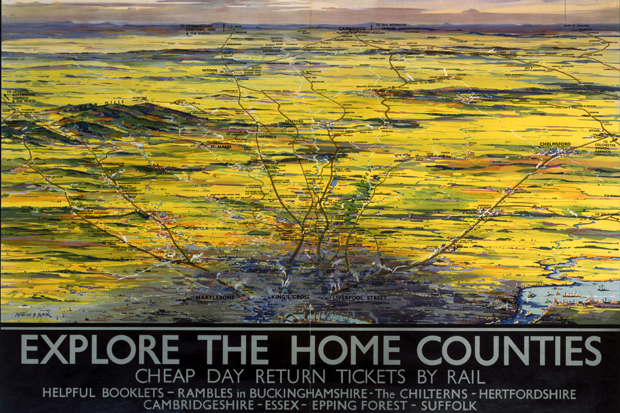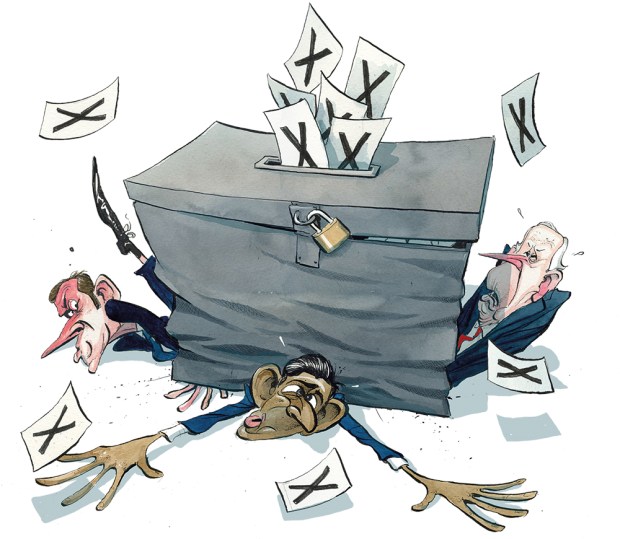Listen
Just over 35 years ago, in August 1979, Christopher Booker wrote a cri de coeur in The Spectator calling for the return of England’s ancient counties and the repeal of the 1972 Local Government Act, under which most of them had been either merged, mauled, mangled or murdered.
It drew a large and almost wholly supportive response from figures as distinguished as Professor Richard Cobb (‘Booker has rendered us all a ray of hope’) and Michael Wharton, a.k.a.
Already a subscriber? Log in
Subscribe for just $2 a week
Try a month of The Spectator Australia absolutely free and without commitment. Not only that but – if you choose to continue – you’ll pay just $2 a week for your first year.
- Unlimited access to spectator.com.au and app
- The weekly edition on the Spectator Australia app
- Spectator podcasts and newsletters
- Full access to spectator.co.uk
Or
Unlock this article
Engel’s England was published this week.













Comments
Don't miss out
Join the conversation with other Spectator Australia readers. Subscribe to leave a comment.
SUBSCRIBEAlready a subscriber? Log in